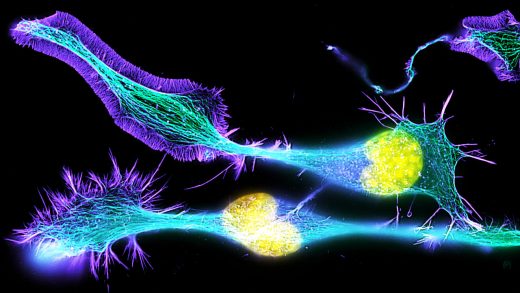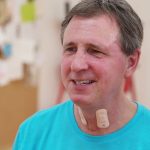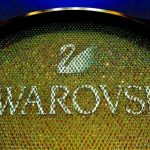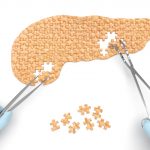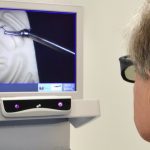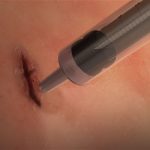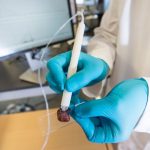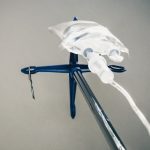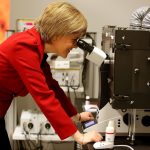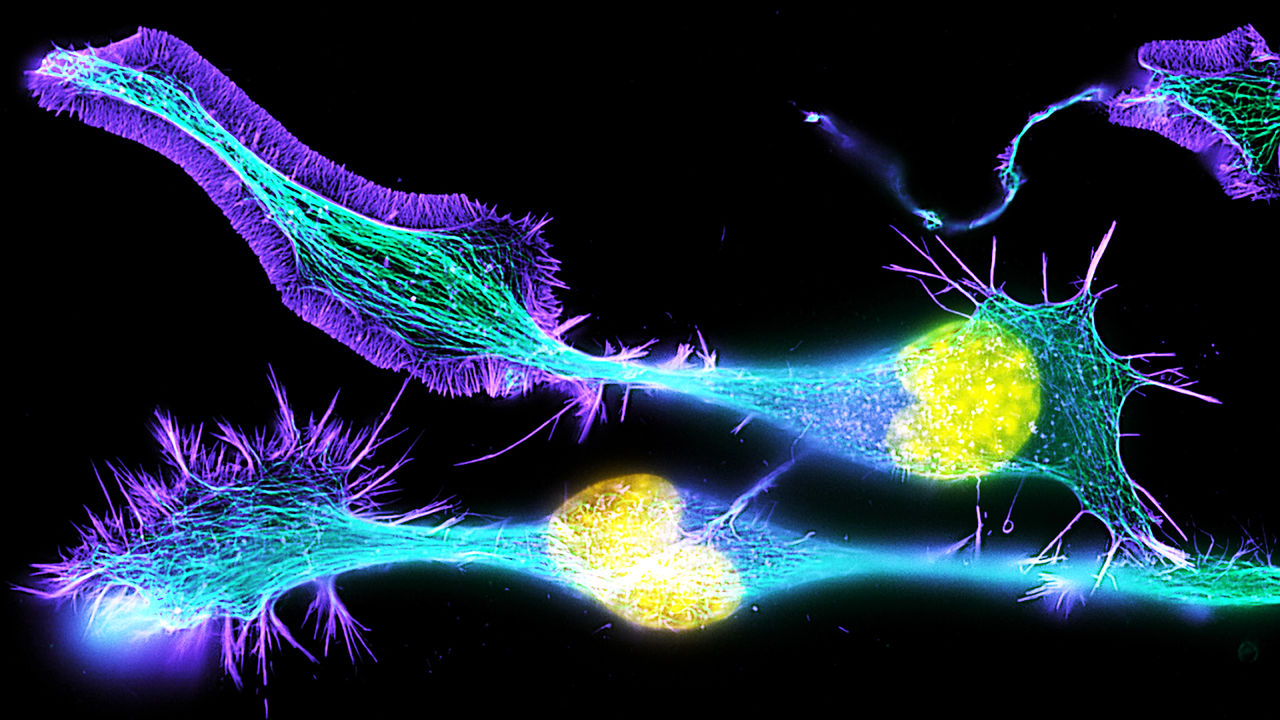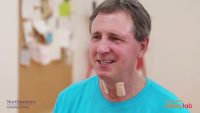GlaxoSmithKline Is Teaming Up With Google’s Verily To Develop Bioelectronic Medicines
Google life sciences spinout Verily is partnering up with British pharmaceutical giant GlaxoSmithKline for a spinout venture focused on bioelectronic devices. Bioelectronic medicine is a new scientific discipline that seeks to treat a number of chronic diseases including diabetes, asthma, arthritis, and inflammatory bowel disease by using miniature devices implanted in the body that are able to modify the electrical signals of nerves in the body.
The venture will be known as Galvani Bioelectronics and be headquartered in Glaxo’s global R&D center in Kent in the United Kingdom. It will also have a second research hub at Verily’s headquarters in San Francisco. Initially the new firm will employ 30 engineers and scientists. The new venture will invest £540 million (about $711 million dollars) over seven years with Glaxo holding a 55% stake in the new firm and Alphabet’s Verily holding a 45% stake. “We’ll be sitting side-by-side to solve this problem,” says Verily CTO Brian Otis, who is also a Research Associate Professor at the University of Washington, in an interview with Fast Company.
Under the first phase of the venture Galvani Bioelectronics will focus on establishing bioelectronics clinical proof of concepts in inflammatory, metabolic, and endocrine diseases and disorders, including type 2 diabetes. The company will then begin developing miniature implantable devices that could alter the electric signals along nerves affected by those conditions. Though Glaxo began researching bioelectronics in 2012, the field is over 200 years old. The theory of bio-electricity was first proposed by 18th-century Italian scientist Luigi Aloisio Galvani in 1780.
“This is a new therapeutic area that we are trying to pioneer together,” Otis says, adding that the goal for the partnership will be to help patients with treatment-resistant diseases who are “running out of other options.”
According to Otis, the collaboration will leverage Verily’s expertise in miniaturized electronics and bio-compatible materials. Meanwhile, Glaxo has a deep understanding of drug development and establishing clinical proof. “We’re trying to understand optimal way to interface tech to the human body,” he explains.
The strategy for Verily has been to partner with pharma companies, such as Novartis, to license and sell Verily products. Such products include its glucose-sensing contact lens for people with diabetes, and its high-tech spoon designed to help patients with neurodegenerative disorders to eat. Many of these products are still in the research and development phase, meaning they are years away from commercialization.
With this partnership, besides using its expertise to develop and miniaturize low-power devices, the company will contribute its expertise in data analytics and software development for clinical applications to the project. Details for Verily’s big vision in health care are scarce. But in the long run, the company’s leadership has hinted at a big vision that goes beyond bioelectronic devices: A “Google for medical information.” In March, CEO Andrew Conrad shared at a health industry conference that the company is working with a coalition of academic teaching hospitals, physicians, universities, and patient advocates to bring medical information into one place. “Unfortunately, most of the information that scientists use isn’t easily available,” he told the audience. “That information sits around in difficult-to-crack domains.”
Verily is part of a trio of futuristic bets that sit under the umbrella of Google parent company Alphabet. Revenue for the companies in the Other Bets category, which include Nest and Google Fiber, jumped in the second quarter of 2016 by 150% to $185 million. But the units also reported heavy losses, which grew by 30% to $859 million.
This news comes several months after an investigation from medical-news site Stat News, which found that former employees had qualms with the management style of Conrad. In the wake of that report, Alphabet President Sergey Brin told Google staff that the life sciences unit was already profitable, according to a report in Recode.
With Michael Grothaus
Fast Company , Read Full Story
(21)

